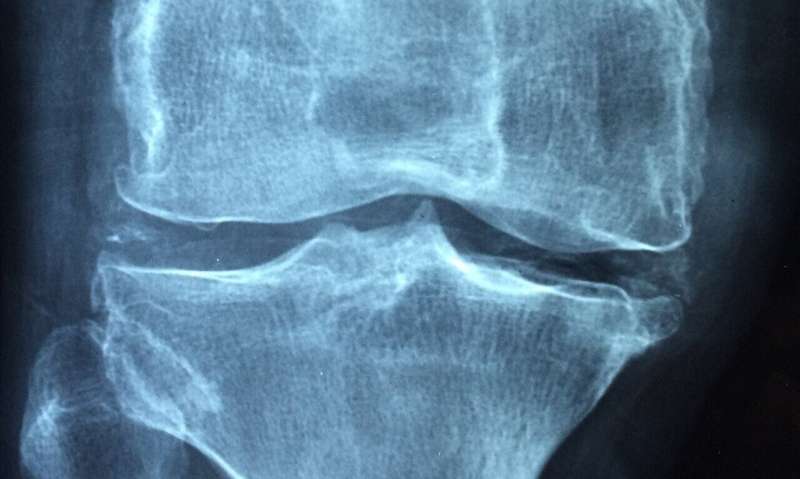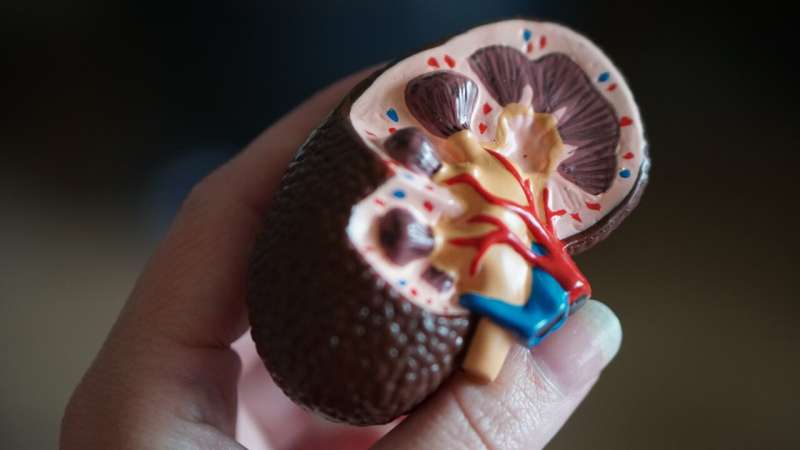New Research Shows Immune System's Role in Heart Attack-Related Arrhythmias

New research reveals that immune cells produce a protein that damages heart cells after a heart attack, leading to dangerous arrhythmias. Discover the potential for targeted therapies to prevent sudden cardiac death.
A recent study published in Science has uncovered a surprising role of the immune system in post-heart attack complications. Researchers have identified that the defense protein, Resistin-like molecule gamma (Relmy), produced by neutrophils—a type of immune cell—can damage heart muscle cells following a myocardial infarction (heart attack). This damage results in the formation of holes in cardiomyocyte membranes, which can trigger dangerous arrhythmias such as ventricular tachycardia (VT) and ventricular fibrillation (VF). Both conditions can rapidly lead to sudden cardiac arrest.
During a heart attack, a blockage in a coronary artery restricts oxygen supply to the heart muscle, impairing the cells' ability to maintain stable electrical activity. The resulting immune response involves a large influx of neutrophils that upregulate the gene 'Retnlg,' leading to increased production of RELMy. The study found that elevated levels of this protein are associated with higher incidences of arrhythmia.
The research team, led by Dr. Nina Kumowski and Dr. Matthias Nahrendorf from Massachusetts General Hospital, demonstrated that removing the Retnlg gene from neutrophils in mice significantly decreased the occurrence of ventricular arrhythmias, highlighting the protein's critical role. Similar patterns of gene expression were observed in human infarcted heart tissue, suggesting that these findings have direct clinical relevance.
This research emphasizes the importance of immune cell activity in the development of arrhythmias after a heart attack. The authors suggest that future therapies could focus on targeting RELMy to prevent or reduce post-MI arrhythmias, potentially saving lives. Currently, the standard approach involves rapid vessel recanalization to restore blood flow; integrating immune modulation could improve outcomes.
Researchers utilized advanced gene expression analysis, high-resolution microscopy, and in vitro assays to elucidate how neutrophil-derived RELMy damages cardiomyocytes. The next steps include developing strategies to neutralize RELMy and testing their effectiveness in reducing arrhythmia burden and infarct size in animal models, with hopes of eventual application in humans.
Overall, this groundbreaking study sheds light on the immune system’s role in cardiac arrhythmias and opens new avenues for targeted treatments beyond conventional immune suppression. Better understanding and intervention could help mitigate the risk of sudden cardiac death following myocardial infarction.
Stay Updated with Mia's Feed
Get the latest health & wellness insights delivered straight to your inbox.
Related Articles
Prebiotics as a Potential Strategy to Boost Brain GABA and Prevent Neurological Disorders
New research reveals that prebiotics may enhance brain GABA levels by modulating gut microbiota, offering promising avenues for treating neurological disorders like depression and epilepsy.
The Need for Standardized Guidelines in Dialysis Initiation During Pregnancy
A recent study calls for standardized guidelines for initiating dialysis during pregnancy to improve maternal and fetal outcomes in women with advanced CKD.
New Research Highlights the Importance of Hope in Heart Disease Outcomes
New research from the University of Liverpool reveals that feelings of hope significantly influence heart health, impacting outcomes and survival rates in cardiovascular disease patients. Psychological support may enhance recovery and reduce mortality.



